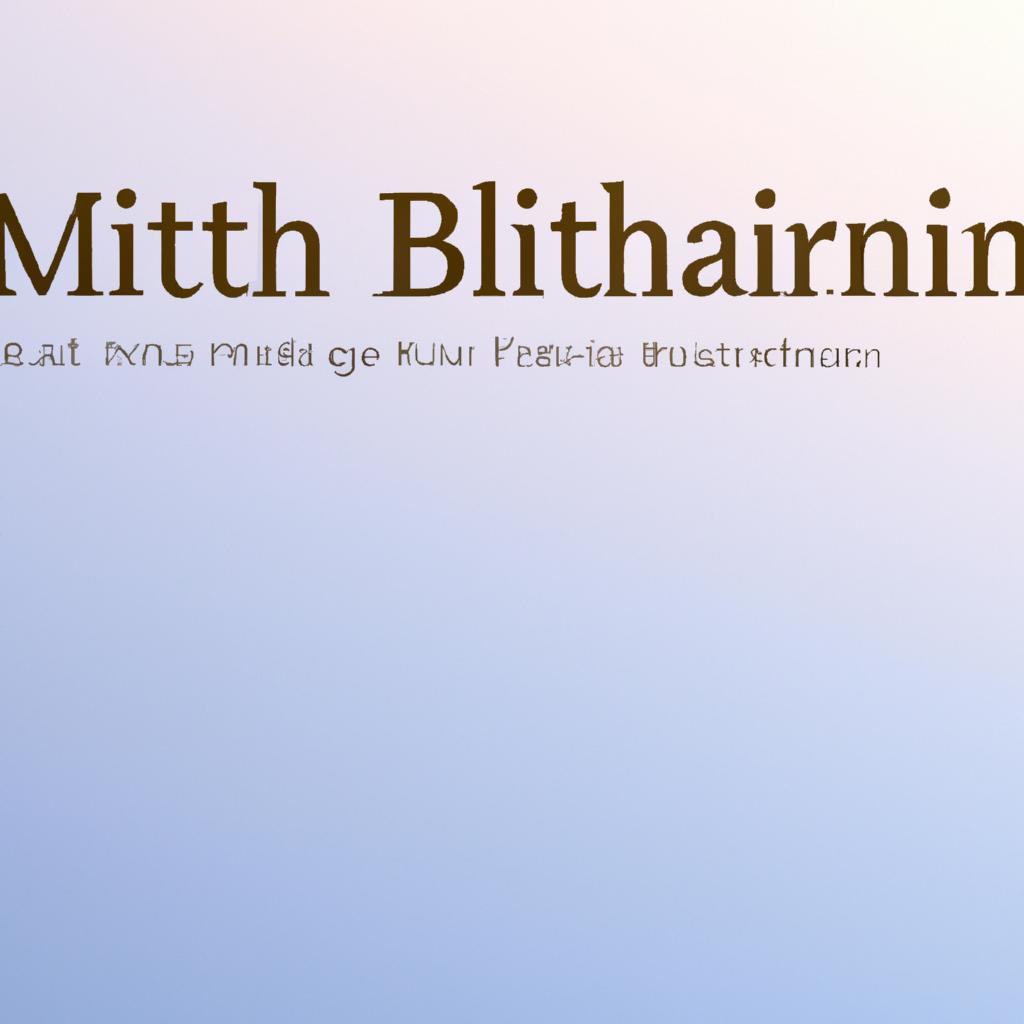**”Mindful Breathing Techniques: How to Use Breath Awareness to Enhance Your Meditation Practice”**
# Mindful Breathing Techniques: How to Use Breath Awareness to Enhance Your Meditation Practice
Meditation is a powerful tool for cultivating inner peace, reducing stress, and enhancing overall well-being. One of the most effective ways to deepen your meditation practice is by focusing on mindful breathing techniques. Breath awareness not only helps anchor your thoughts but also creates a deeper connection between your mind and body. In this blog post, we will explore various mindful breathing techniques, their health benefits, and how you can incorporate them into your daily meditation routine.
## Understanding Mindful Breathing
Mindful breathing is the practice of paying attention to your breath in a purposeful and non-judgmental way. This technique serves as a bridge between your mind and body, allowing you to become more aware of your thoughts, feelings, and sensations. By focusing on your breath, you can create a state of calmness and clarity, which is essential for an effective meditation practice.
### The Importance of Breath Awareness
Breath awareness is crucial because it helps you center your mind and engage fully in the present moment. Often, our thoughts drift to past regrets or future worries, which can lead to anxiety or stress. By concentrating on your breathing, you can ground yourself and redirect your attention to the here and now.
## How to Practice Mindful Breathing
Incorporating mindful breathing into your meditation practice can be simple yet transformative. Here are some techniques to try:
### 1. Diaphragmatic Breathing
Diaphragmatic breathing, or abdominal breathing, involves engaging the diaphragm fully while breathing.
– **How to Practice**: Sit or lie down comfortably. Place one hand on your chest and the other on your abdomen. Inhale deeply through your nose, allowing your abdomen to rise while keeping your chest still. Exhale slowly through your mouth, feeling your abdomen fall. Repeat for several minutes.
### 2. Box Breathing
Box breathing is a structured breathing technique that promotes relaxation and focus.
– **How to Practice**: Inhale through your nose for a count of four, hold your breath for a count of four, exhale through your mouth for a count of four, and hold your breath again for a count of four. Continue this cycle for several minutes.
### 3. 4-7-8 Breathing
The 4-7-8 technique is designed to promote relaxation and reduce anxiety.
– **How to Practice**: Inhale through your nose for a count of four, hold your breath for seven counts, and exhale through your mouth for a count of eight. Repeat this cycle four times.
## Nutrition Tips for Enhancing Breath Awareness
The foods you consume can impact your breathing patterns and overall mindfulness. Here are some nutrition tips to support your practice:
1. **Stay Hydrated**: Proper hydration helps maintain optimal lung function. Drink plenty of water throughout the day.
2. **Incorporate Anti-Inflammatory Foods**: Foods like berries, leafy greens, and fatty fish can reduce inflammation and promote better respiratory health.
3. **Limit Caffeine and Sugar**: Both can lead to increased anxiety and jitteriness, making it harder to focus during your meditation.
## Exercise Advice to Complement Your Practice
Combining mindful breathing with physical activity can enhance your meditation experience. Here are some exercises to consider:
1. **Yoga**: Practicing yoga integrates breath awareness with movement, making it an excellent complement to meditation.
2. **Tai Chi**: This slow, flowing martial art emphasizes breath control and mindfulness, fostering a deep sense of relaxation.
3. **Walking Meditation**: Engage in a walking meditation where you focus on your breath and the sensations in your body with each step.
## Health Benefits of Mindful Breathing
Incorporating mindful breathing into your daily routine can yield numerous health benefits, including:
– **Reduced Stress and Anxiety**: Focusing on your breath activates the parasympathetic nervous system, promoting relaxation.
– **Improved Focus and Concentration**: Mindful breathing helps clear your mind, allowing for improved cognitive functions.
– **Enhanced Emotional Regulation**: Regular practice can help you become more aware of your emotions, leading to better emotional control.
– **Better Sleep Quality**: Practicing mindful breathing before bedtime can calm your mind and prepare your body for restful sleep.
## Conclusion
Mindful breathing techniques are essential tools for enhancing your meditation practice and overall well-being. By incorporating techniques such as diaphragmatic breathing, box breathing, and the 4-7-8 method, you can cultivate a deeper awareness of your breath, leading to numerous health benefits. Additionally, complementing your practice with proper nutrition and exercise can further enhance your mindfulness journey. As you embrace these practices, you will discover the transformative power of breath awareness in achieving inner peace and clarity.















Post Comment